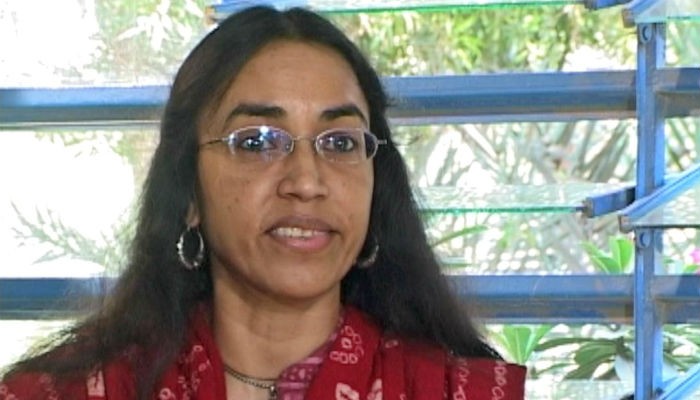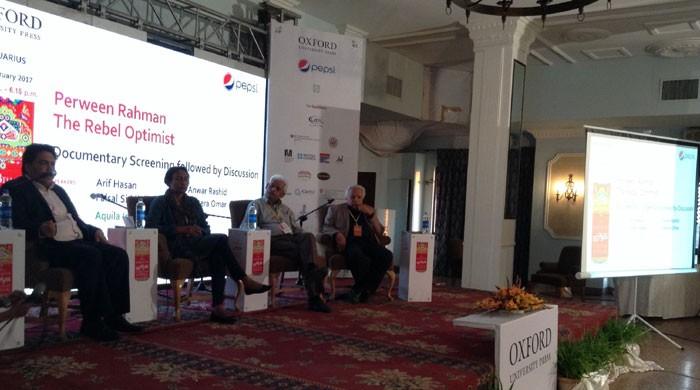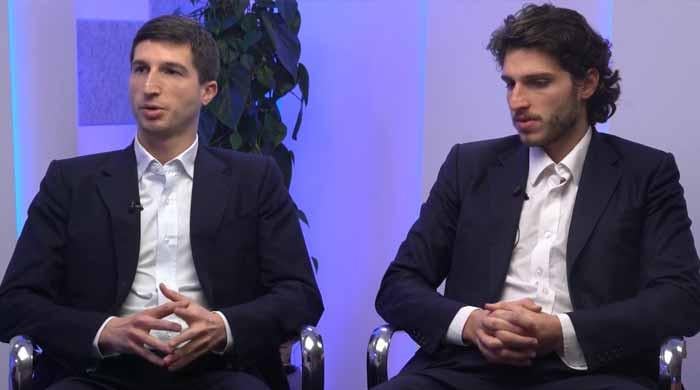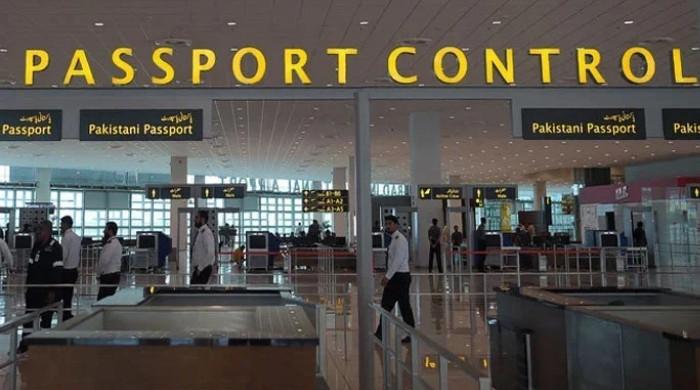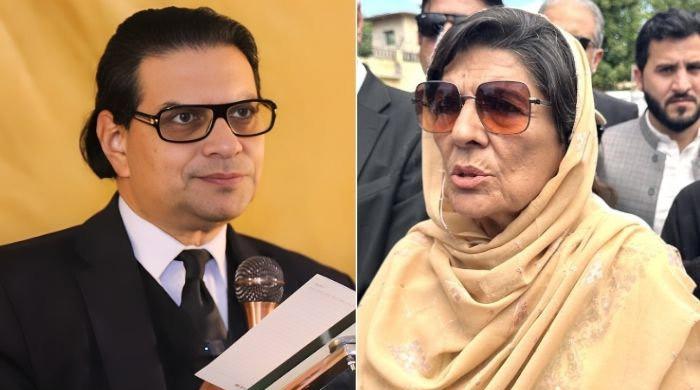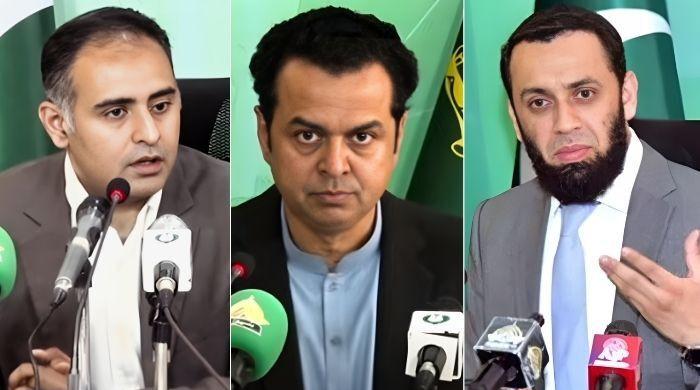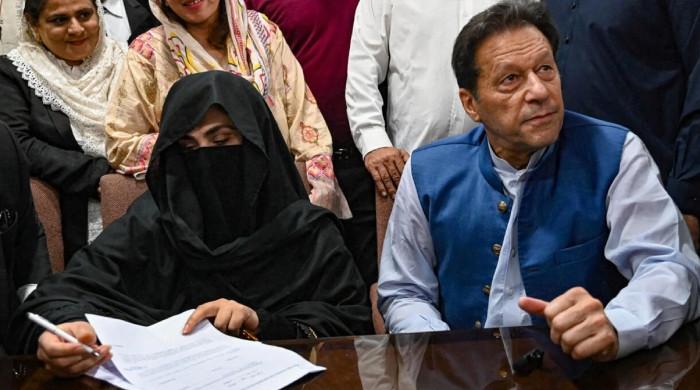Non-resolution of Perween Rehman murder case a matter of shame, observes Justice Saeed
Supreme Court is hearing plea seeking real motive of social worker's murder, action against negligent police officials
February 28, 2018
ISLAMABAD: The Supreme Court vowed on Wednesday to go to any extent for justice in the Perween Rehman murder case.
Rahman, a social worker and director of the Orangi Pilot Project, was gunned down on March 13, 2013 in Karachi.
Hearing the case, Justice Sheikh Azmat Saeed, who heads the three-member bench, observed that it is common police practice to kill someone and then pin the blame on him, adding that this is frequent in all four provinces.
During the hearing, he remarked further that non-resolution of the case after five years is a matter of shame.
The Sindh government's lawyer informed the court that a new joint investigation team (JIT) has been formed to probe the case, adding that authorities have also apprehended several suspects in the case.
He added that action has been taken against two police officers who showed misconduct during the investigation of the case.
The court expressed hope that the new JIT will solve the case.
Arguing before the bench, Faisal Siddiqui, the counsel of Rahman's family, objected to the inclusion of certain police officers in the JIT.
The hearing was then adjourned until March 12.
On Feb 24, the Sindh government formed a new JIT to trace the motive for Rahman's murder and examine the role of police officers who reportedly helped the accused.
Perween Rehman murder case
Rahman was a vocal activist working to protect low-income communities from the land and water mafia.
A day after her killing, police claimed to have killed the alleged suspect, Qari Bilal, in an encounter.
Later, in 2014, the Supreme Court ordered a fresh probe after it was alleged that police mishandled the investigation.
In 2016, the Sindh Police claimed to have arrested another prime suspect in the case, Raheem Swati. The police have since claimed to have arrested several more suspects in the case.
Rahman's family and the Human Rights Commission of Pakistan had petitioned the apex court to help ascertain the real motive of the killing and police negligence.
